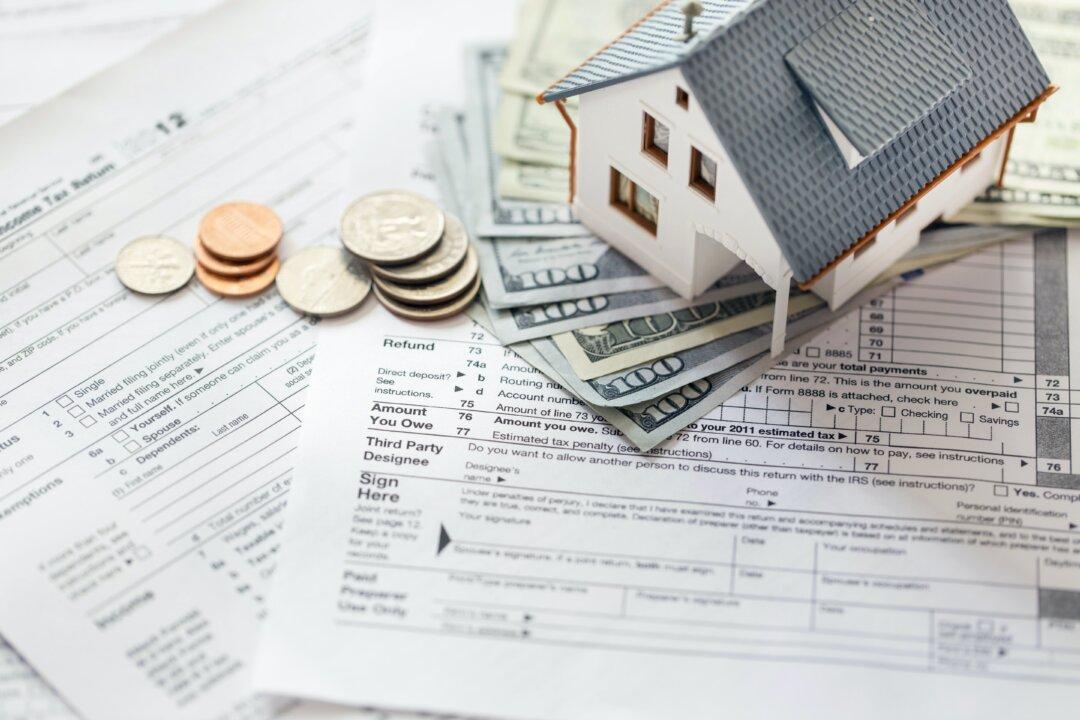As income-tax refunds are down more than 7 percent from last year, Americans’ view of federal income taxes hit a two-decade low, according to a new poll released on May 19.
The Gallup poll showed 60 percent of respondents believe the amount in federal income taxes that they pay is too high, a level last seen in 2001, just shortly before George W. Bush signed his first major tax cut law.




